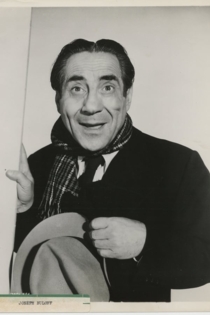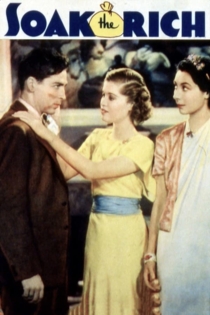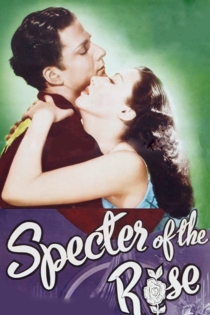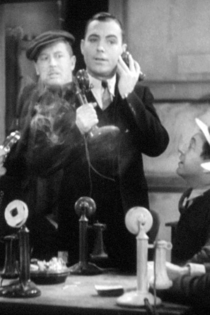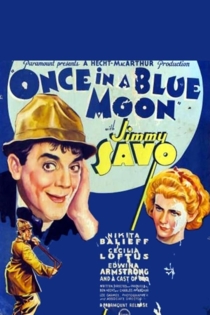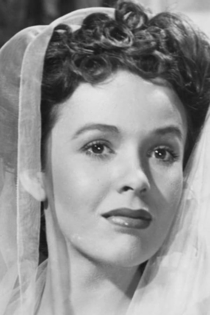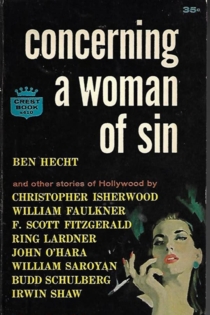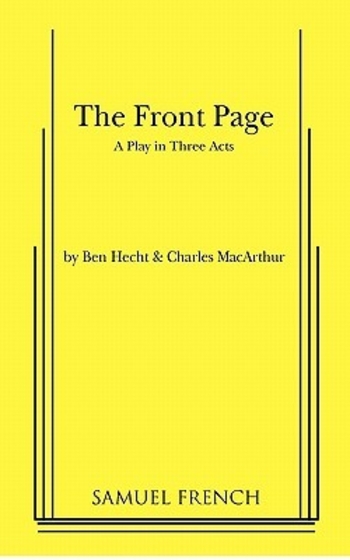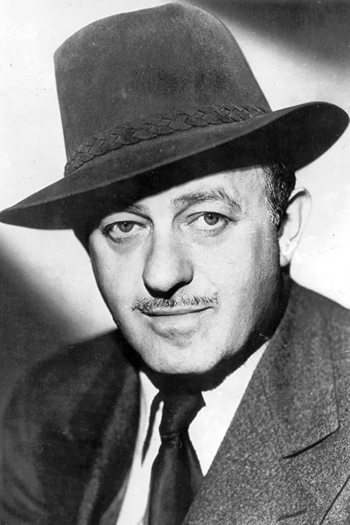
Ben Hecht
1894 - 1964Ben Hecht (/hɛkt/; February 28, 1894 – April 18, 1964) was an American screenwriter, director, producer, playwright, journalist, and novelist. A journalist in his youth, he went on to write thirty-five books and some of the most entertaining screenplays and plays in America. He received screen credits, alone or in collaboration, for the stories or screenplays of some seventy films.
At the age of 16, Hecht ran away to Chicago, where, in his own words, he "haunted streets, whorehouses, police stations, courtrooms, theater stages, jails, saloons, slums, madhouses, fires, murders, riots, banquet halls, and bookshops". In the 1910s and early 1920s, Hecht became a noted journalist, foreign correspondent, and literary figure. In the 1920s, his co-authored, reporter-themed play, The Front Page, became a Broadway hit.
The Dictionary of Literary Biography - American Screenwriters calls him "one of the most successful screenwriters in the history of motion pictures". Hecht received the first Academy Award for Original Screenplay for Underworld (1927). Many of the screenplays he worked on are now considered classics. He also provided story ideas for such films as Stagecoach (1939). Film historian Richard Corliss called him "the Hollywood screenwriter", someone who "personified Hollywood itself". In 1940, he wrote, produced, and directed Angels Over Broadway, which was nominated for Best Screenplay. In total, six of his movie screenplays were nominated for Academy Awards, with two winning.
He became an active Zionist shortly before the Holocaust began in Germany, and wrote articles and plays about the plight of European Jews, such as We Will Never Die in 1943 and A Flag is Born in 1946. Of his seventy to ninety screenplays, he wrote many anonymously to avoid the British boycott of his work in the late 1940s and early 1950s. The boycott was a response to Hecht's active support of paramilitary action against British forces in Palestine and sabotaging British property there (see below), during which time a supply ship to Palestine was named the S. S. Ben Hecht.
According to his autobiography, he never spent more than eight weeks on a script. In 1983, 19 years after his death, Ben Hecht was posthumously inducted into the American Theater Hall of Fame.
Crime without Passion
Lee Garmes, Charles MacArthur
Claude Rains, Margo
Caddish lawyer Lee Gentry is going out with Katy Costello, but carrying on an affair with dancer Carmen Brown. When he wants to end the dalliance with Carmen, she is so distraught that she becomes suicidal. Seizing the gun from Carmen, he accidentally shoots her, and thinking she's dead, concocts a series of increasingly outlandish alibis to cover his tracks under the guidance of a ghostly apparition that is his alter ego.
Crime Without Passion
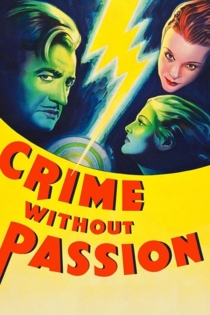
Angels Over Broadway
Lee Garmes, Ben Hecht
Douglas Fairbanks Jr., Rita Hayworth
Small-time businessman Charles Engle is threatened with exposure for embezzling $3,000 for his free-spending wife. Deciding on suicide, he scribbles a note, stuffs it in his pocket and goes for one last night on the town. He is pulled into a poker game by conman Bill O'Brien and singer Nina Barone, but when they discover the dropped note, they resolve to turn the tables, get Engle his $3,000 and save his life.
Angels Over Broadway
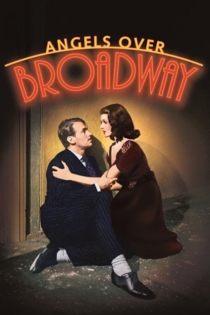
The Scoundrel
Charles MacArthur, Ben Hecht
Noël Coward, Julie Haydon
A ruthless, cynical, hated publisher is killed in a plane crash, doomed to be a "restless" spirit for being unloved. A heavenly power gives him a month on Earth to find one person to shed a tear for him before his fate is sealed.
The Scoundrel
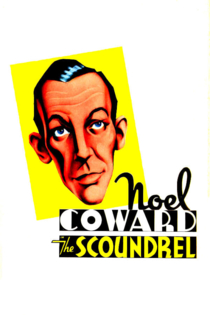
Actors and Sin
Ben Hecht
Edward G. Robinson, Eddie Albert
Two-part story--the first is about a washed-up Broadway actor and his tough daughter, who is a bigger star than he is; the second is about a literary agent whose newest client--a nine-year-old boy--is the author of a borderline pornographic book.
Actors and Sin
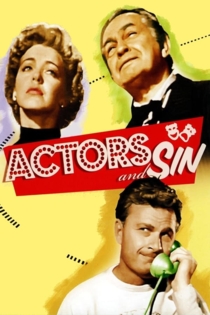
The Pink Hussar
Ben Hecht
Marc Connelly, Joseph Buloff
A famed Hungarian playwright arrives in American and, in order to secure the success of his new play, his friends dope him up and take him to the hospital with the idea of telling the world that he as become stricken and is dying. Of course, the critics are fooled and they give the playwright and his play all the favorable publicity and reviews. As a result, the playwright and all his friends get the opportunities they had long awaited.
The Pink Hussar
